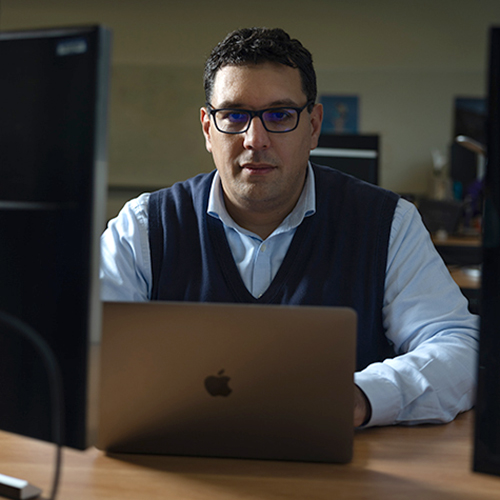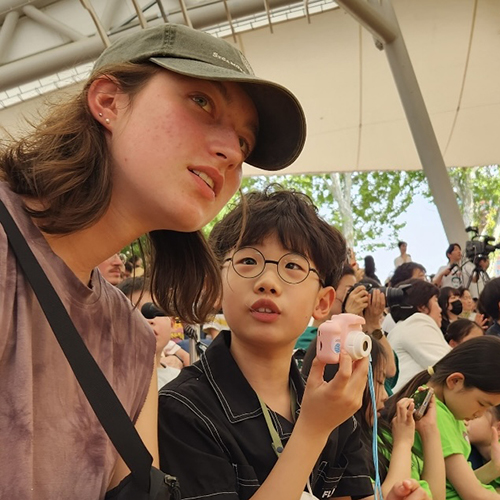In the summer of 1947, Robert Heilman, then of Louisiana State University (LSU), visited Seattle to discuss joining the UW as chairman of the English Department. He wrote to friends as he mulled over the resulting job offer.
"I didn't know until I got to Seattle how big a hand you had in my being there," he wrote gratefully to former LSU colleague Robert Penn Warren, whose 1946 novel All the King's Men had recently won the Pulitzer Prize. "(T)hey sent for me, dined, tead and drank me for two and a half days, sent me back home, and now tell me the job is mine if I want it," Heilman continued in fine humor. "I haven't it formally yet but have one semi-official letter and two private ones, please come, now that we know you are a good guy. One of these letters, from a guy I never heard of until a week ago, begins, 'Dear Bob.' It's the F-a-r West I guess."

Heilman went on to take the job, leading the UW Department of English for 23 years, guiding it through decades of change and expansion until his retirement from the chairmanship in 1971. A clear-headed correspondent virtually until the end, Heilman died in 2004 at the age of 98.
Heilman's exchanges with colleagues, proteges, fellow critics, and others are compiled in a new book from University of Washington Press titled Robert B. Heilman: His Life in Letters. Culled from thousands of letters, the expansive volume was edited by Heilman colleagues and correspondents Edward Alexander and Richard Dunn, both UW professors emeritus of English, with the help of doctoral student Paul Jaussen.
Reviewing Heilman's decades of letters for publication was an enormous task. The book also provides both sides to many letter exchanges, which required the editors to access many different archives and collections.
"Once it dawns on you that the UW archives are for the most part letters to Heilman," Alexander wrote, "there begins the gargantuan task of searching the archives of countless libraries all over America, and even in England and Israel, for letters by Heilman to the hundred or so correspondents represented in our book." Those correspondents included Saul Bellow, Elizabeth Bishop, Kenneth Burke, Malcolm Cowley, Joseph Epstein, Tess Gallagher, Bernard Malamud, John Sisk, Wallace Stegner, Lionel Trilling, William Carlos Williams and Mark Van Doren as well as the UW's Charles Johnson, Solomon Katz, and Theodore Roethke.
Why take on this massive task? For Alexander and Dunn, the motivation was to remember Heilman and all that he accomplished. In the book's introduction, Alexander—not one for empty praise—calls Heilman "the only great man I came to know during my 44 years in the academic profession."
“He made Washington a national center for poetry, showed courage and ingenuity in defending academic freedom against yahooism from both right and left, (and) nurtured and protected the ailing Theodore Roethke,” writes Alexander. “His voice and language and wisdom—on subjects ranging from literature and language to sports and rail travel and education—are still things of power.”
More Stories

A Statistician Weighs in on AI
Statistics professor Zaid Harchaoui, working at the intersection of statistics and computing, explores what AI models do well, where they fall short, and why.

Finding Family in Korea Through Language & Plants
Through her love of languages and plants — and some serendipity — UW junior Katie Ruesink connected with a Korean family while studying in Seoul.

The Mystery of Sugar — in Cellular Processes
Nick Riley's chemistry research aims to understand cellular processes involving sugars, which could one day lead to advances in treating a range of diseases.